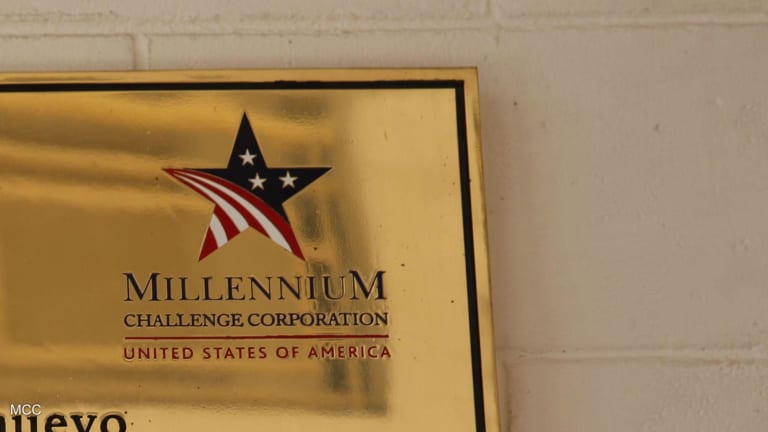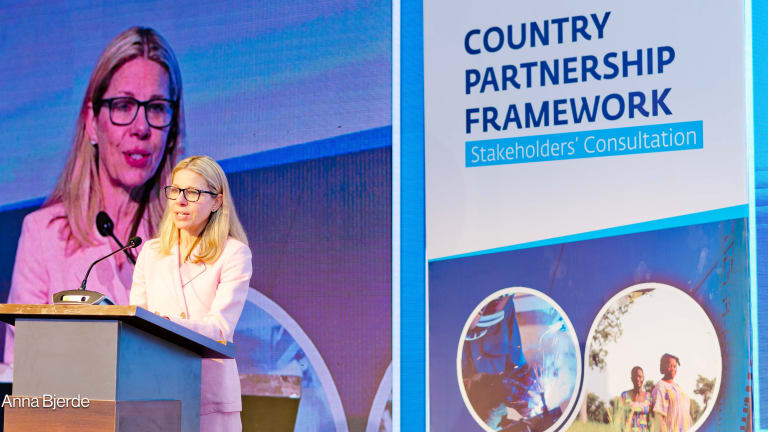Burkina Faso and Senegal are the new kids on the block when it comes to Millennium Challenge Corp. compacts in West Africa. Their compacts entered into force in July and September 2009 respectively, and they have just begun what will be a five-year journey towards accelerated development.
With the possibility of drawing on the experiences of MCC compact pioneers like Madagascar], their timing couldn't be better.
"Madagascar was the first compact," said Glenn Lines, the resident country director for Madagascar, in late October at MCC's annual gathering of country representatives in Washington. "There's a lot of learning that went on between the development of the Madagascar compact and the compacts that are coming online now, like Burkina Faso."
He added: "You're seeing compacts that are much further along in terms of defining what's going to happen, and in the sequencing for how that's going to happen, compared to where we were."
With the advantage of a one-year jump start in setting up shop, MCC officials in Burkina Faso and Senegal are optimistic.
Burkina Faso
The $480.9 million compact with Burkina Faso includes four main programs, on land tenure, agriculture, roads development, and girls' education. With the compact barely two months into the implementation phase, there's a lot of opportunity for local and international firms.
The land tenure component aims at increasing investment in land and rural productivity through a variety of initiatives, including legal and procedural change and communication.
By addressing poor water resource management, diversifying agriculture production and improving access to credit in rural communities like the Sourou Valley and Comoe Basin, the compact will also help bolster rural incomes and employment.
Both the roads and "Bright 2" schools programs concentrate on infrastructure development.
A total of 271 kilometers in primary roads is to be built, with 151 kilometers of rural roads scheduled for rehabilitation.
The Bright 2 program builds upon MCC's Burkina Faso threshold program, which helped construct 132 schools. In collaboration with the U.S. Agency for International Development, MCC now aims to provide boreholes and water catchment systems as well as meals to about 13,000 students.
"We're still in the phase of signing contracts and we're involved in procurement. So far it's going well," Resident Country Director Kateri Clement said.
Senegal
With a focus on agriculture, infrastructure development and irrigation projects, Senegal's $540 million compact offers numerous contracting opportunities in the Senegal River Valley and Casamance regions.
Senegal's resident country director, Tanya Southerland, is enthusiastic about her mission: "I love Senegal and I love working on development issues. I get to synthesize my interest and passion."
Having worked as the attorney in charge of designing Senegal's MCC compact, Southerland has great hopes, especially where local companies are concerned.
"We don't have the smaller-size contracts that a lot of local companies might be looking for and might think are present, but I think they can serve as subcontractors on some of these larger contracts," she said. "They definitely have an advantage of knowing the region, and our projects are geographically dispersed."
Procurement opportunities for MCC-funded work can be found on the government corporation's as well as the Devex Web site. Senegal's procurements will also be made available on the country's accountable entity (or Millennium Challenge Account) Web site once it's up and running.








